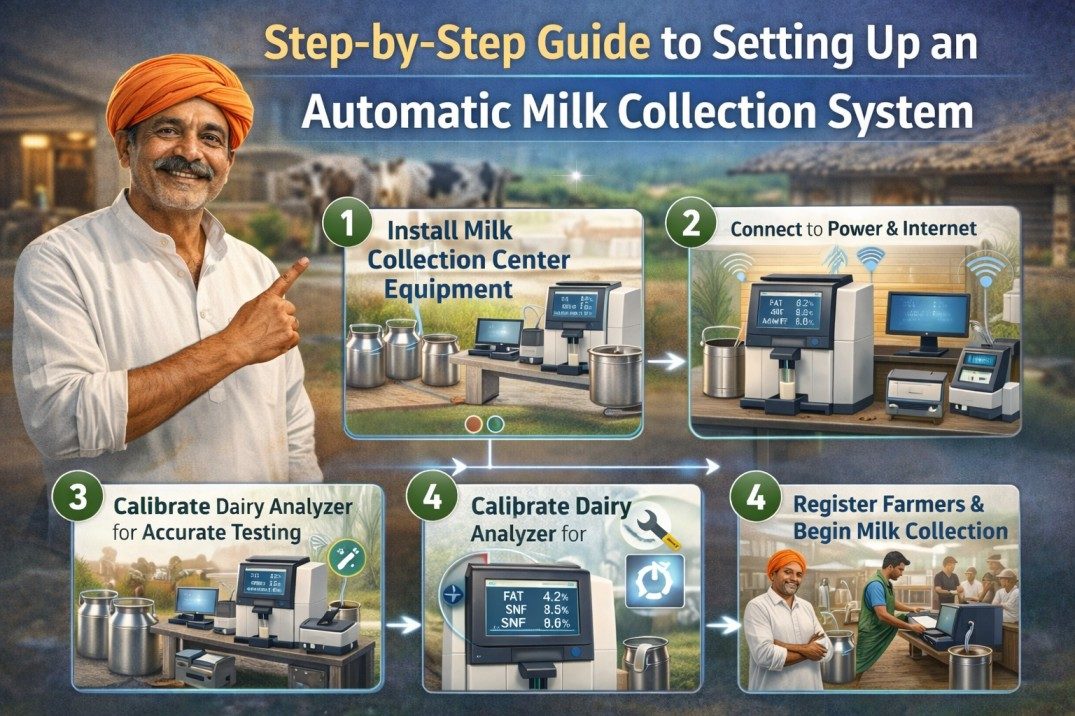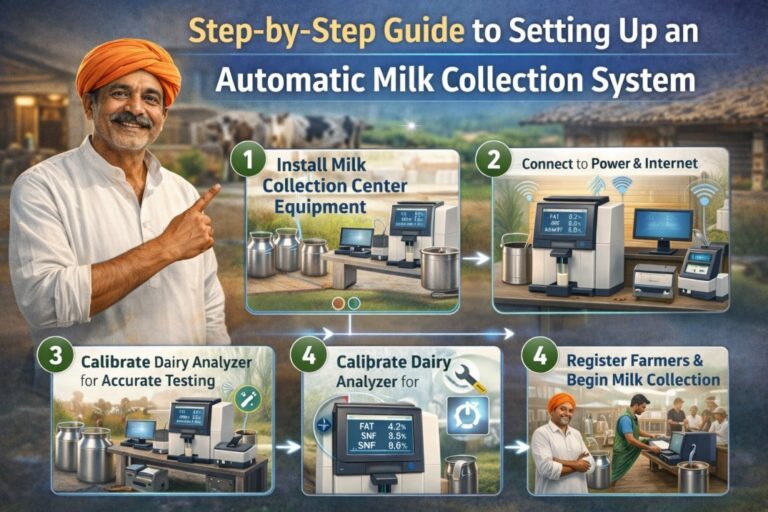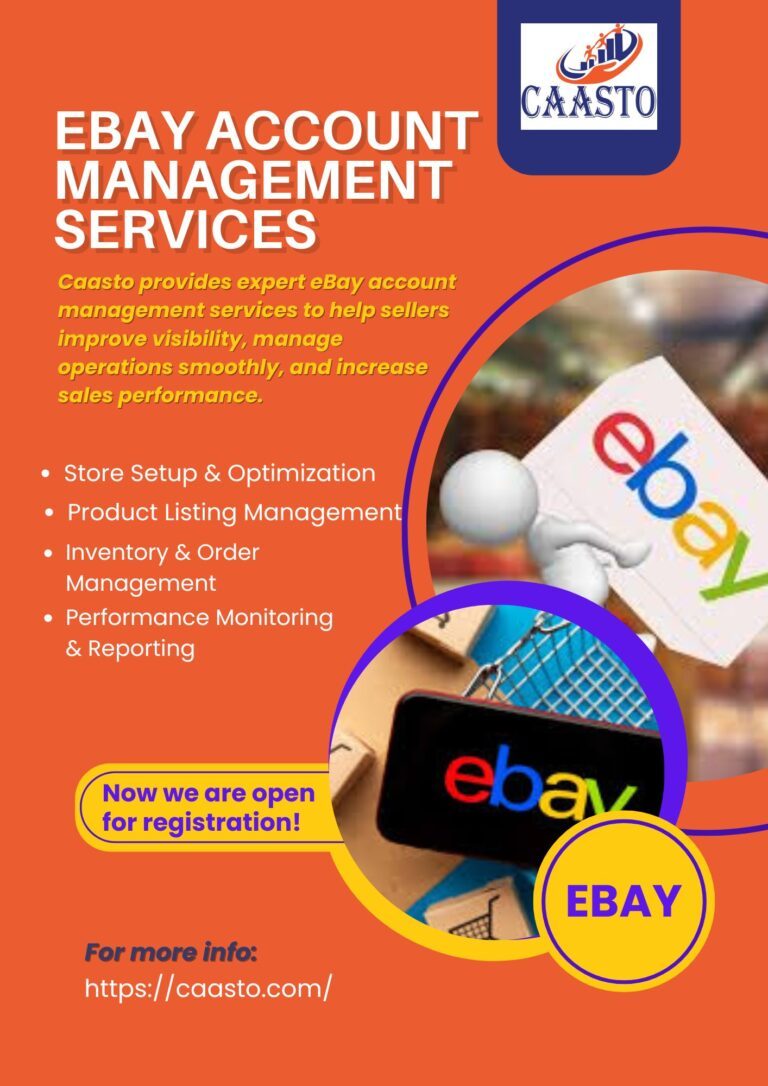The FMCG (Fast-Moving Consumer Goods) industry thrives on speed, efficiency, and seamless distribution. To manage complex distribution networks, manufacturers and suppliers rely on an FMCG Distributor Management System (DMS)—a digital platform that streamlines sales, inventory, and logistics operations. An effective DMS ensures distributors, retailers, and manufacturers operate in sync, reducing inefficiencies and maximizing profitability.
Understanding FMCG Distribution Challenges
FMCG companies face several challenges in distribution management, including:
-
High Volume and Low Margin Sales: FMCG products require high turnover to remain profitable, necessitating an efficient distribution network.
-
Complex Supply Chains: Managing multiple distributors, retailers, and suppliers requires a robust system to prevent disruptions.
-
Demand Volatility: Seasonal fluctuations and changing consumer preferences require a system capable of real-time demand forecasting.
-
Retailer Management: Coordinating with a vast network of retailers and ensuring timely replenishment is a critical factor.
A well-implemented Distributor Management System addresses these challenges, enhancing efficiency and ensuring seamless operations.
Key Features of an FMCG Distributor Management System
1. Real-Time Inventory Management
An advanced DMS offers real-time visibility into stock levels, helping distributors manage replenishments, avoid overstocking, and prevent stockouts. This ensures product availability across the supply chain and reduces financial losses due to expired goods.
2. Automated Order Processing
A DMS simplifies order placements, tracking, and fulfillment. By integrating with ERP and CRM systems, it minimizes manual errors, enhances accuracy, and speeds up order processing. Automated workflows reduce delays and enable smooth order execution across multiple sales channels.
3. Sales Performance Monitoring
With built-in analytics and reporting tools, distributors can track sales performance, monitor retailer demand patterns, and identify growth opportunities in different regions. Advanced AI-powered insights help businesses optimize sales strategies by understanding consumer behavior and buying patterns.
4. Route and Delivery Optimization
A DMS enables logistics teams to plan efficient delivery routes, reduce transportation costs, and ensure timely deliveries, thereby improving retailer satisfaction. Route optimization ensures minimal fuel consumption and better coordination between warehouses and delivery personnel.
5. Pricing and Promotion Management
Distributors can manage dynamic pricing strategies and promotional campaigns based on market demand and competitor trends, ensuring competitiveness and higher sales volumes. The system allows businesses to execute region-specific discounts and track the impact of promotional efforts.
6. Distributor and Retailer Relationship Management
A DMS centralizes communication between distributors, retailers, and manufacturers, ensuring smooth transactions, timely payments, and incentive management. It helps in fostering stronger business relationships by offering real-time support and collaboration tools.
7. Demand Forecasting and Data Analytics
Predictive analytics help businesses anticipate market demand, adjust production schedules, and optimize inventory planning. By leveraging historical data and AI-powered analytics, businesses can make proactive decisions, preventing stock shortages or surplus.
Benefits of Implementing an FMCG Distributor Management System
1. Enhanced Supply Chain Visibility
End-to-end tracking of product movement ensures transparency across distribution networks, helping businesses identify bottlenecks and inefficiencies in real-time.
2. Increased Efficiency
Automation of manual tasks speeds up order fulfillment and improves operational accuracy, reducing human errors and enhancing workflow efficiency.
3. Better Decision-Making
Data-driven insights enable strategic planning, demand forecasting, and optimized inventory management, allowing businesses to make well-informed decisions.
4. Improved Retailer and Customer Satisfaction
Faster order processing, efficient deliveries, and consistent stock availability lead to a better customer experience, fostering loyalty and increasing sales.
5. Scalability for Business Growth
A robust DMS supports business expansion by managing multiple distributors, sales channels, and territories efficiently. As businesses grow, the system scales up without disrupting operations.
6. Cost Savings
By optimizing logistics, inventory, and resource allocation, companies can reduce unnecessary expenses and improve profit margins.
Key Considerations When Choosing an FMCG Distributor Management System
When selecting a DMS, businesses should prioritize:
-
Scalability to support growing distribution networks and evolving market demands.
-
Seamless integration with existing ERP, CRM, and accounting tools to ensure a unified business management approach.
-
AI-driven analytics for demand forecasting, market trend identification, and sales strategy optimization.
-
User-friendly interfaces for easy adoption by sales and distribution teams, reducing the learning curve and ensuring smooth implementation.
-
Mobile and Cloud Accessibility to allow real-time monitoring and decision-making, ensuring operations continue seamlessly across multiple locations.
-
Security and Compliance to ensure data privacy, financial transparency, and adherence to industry regulations.
The Future of FMCG Distribution Management Systems
As the FMCG sector evolves, Distributor Management Systems are expected to integrate more advanced technologies, such as:
-
Blockchain Technology: Ensuring transparency and authenticity of transactions, reducing fraud, and improving trust between distributors and manufacturers.
-
Artificial Intelligence and Machine Learning: Enhancing predictive analytics, automating demand forecasting, and optimizing sales strategies.
-
Internet of Things (IoT): Providing real-time tracking of shipments and warehouse automation, minimizing delays, and ensuring product integrity.
-
Cloud-Based Solutions: Enabling remote access, scalability, and improved collaboration across multiple stakeholders in the supply chain.
Conclusion
An FMCG Distributor Management System is no longer a luxury but a necessity for businesses operating in the highly competitive FMCG sector. By leveraging AI-powered automation, real-time data insights, and seamless integration, businesses can optimize their distribution processes, enhance efficiency, and drive long-term profitability. Investing in the right DMS empowers FMCG businesses to stay competitive, responsive, and scalable in an ever-evolving market. With the future bringing advancements in AI, IoT, and blockchain, the role of DMS will only become more critical in streamlining and revolutionizing the FMCG distribution landscape.














